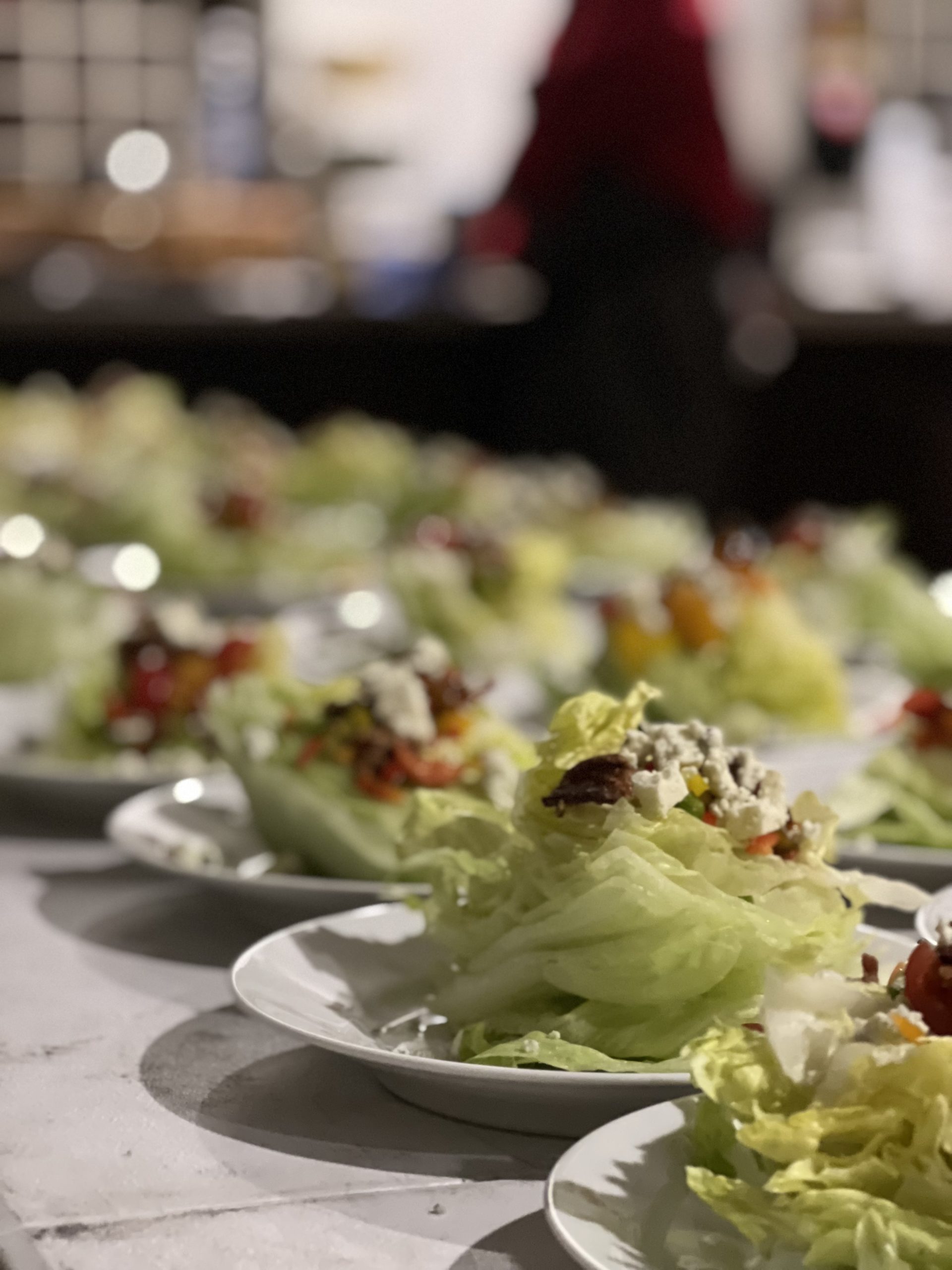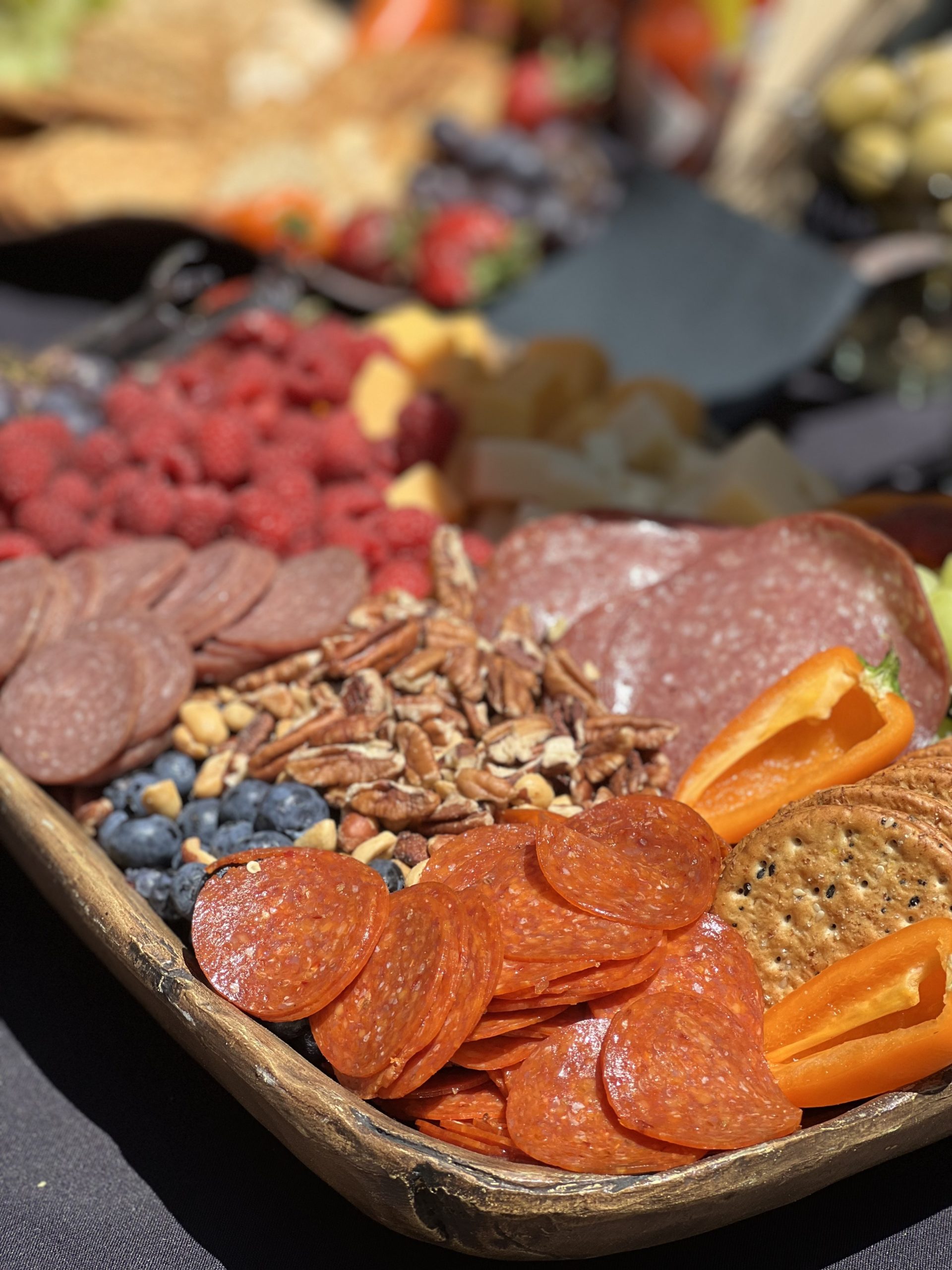Self-catering refers to lodging options where guests can access their own private kitchen facilities. In self-catering, guests are responsible for preparing their meals, as opposed to relying on on-site restaurants or room service provided by the property.
- Kitchen Facilities: Self-catering accommodations typically include a fully equipped kitchen with essential appliances such as a stove or cooktop, oven, microwave, refrigerator, and often, cooking utensils, pots, and pans.
- Dining Area: Alongside the kitchen, there is usually a designated dining area or dining table where guests can enjoy their meals.
- Food Storage: The kitchen usually provides cabinets or storage space for guests to keep their groceries and food items during their stay.
- Flexibility: Having a self-catering kitchen gives guests the flexibility to cook and eat meals at their own convenience, according to their preferences and dietary needs.
- Cost-Effectiveness: For travelers or families, self-catering options can be cost-effective as they can purchase groceries and cook their meals, potentially saving money on dining out.
- Longer Stays: Self-catering accommodations are particularly popular for longer stays, vacations, or business trips, where guests may prefer the convenience of preparing their meals.
- Grocery Shopping: Guests who choose self-catering accommodations will typically need to do their grocery shopping to stock the kitchen with the necessary food and ingredients.
Self Catering Accommodations
Self-catering accommodation comes in various forms, including…
- Self-Catering Apartments
- Villas
- Cottages
- Cabins
- Holiday Homes
They can be found in various travel settings, such as vacation rentals, resorts, lodges, and hotels offering suites or extended-stay options. Guests who prefer a more independent and personalized experience during their travels often opt for self-catering accommodations with kitchens to enjoy the comfort and convenience of preparing their meals while away from home.






+ show Comments
- Hide Comments
add a comment